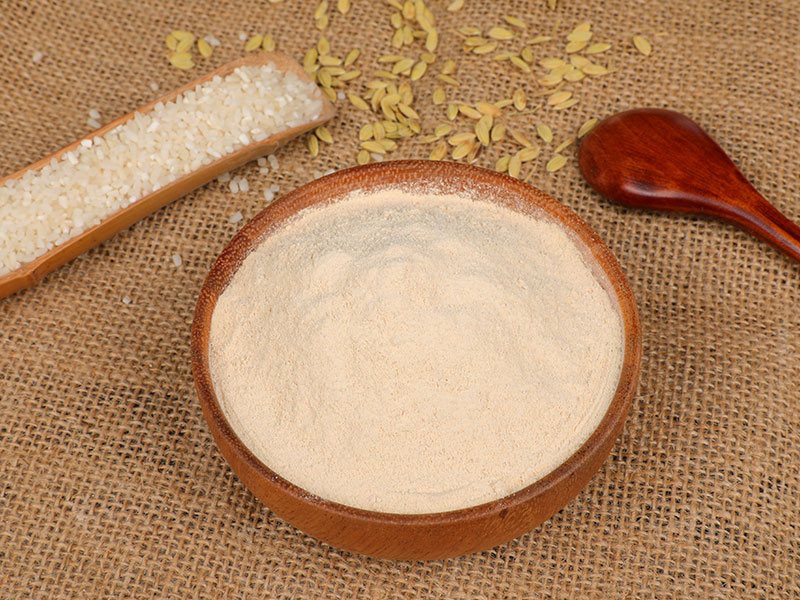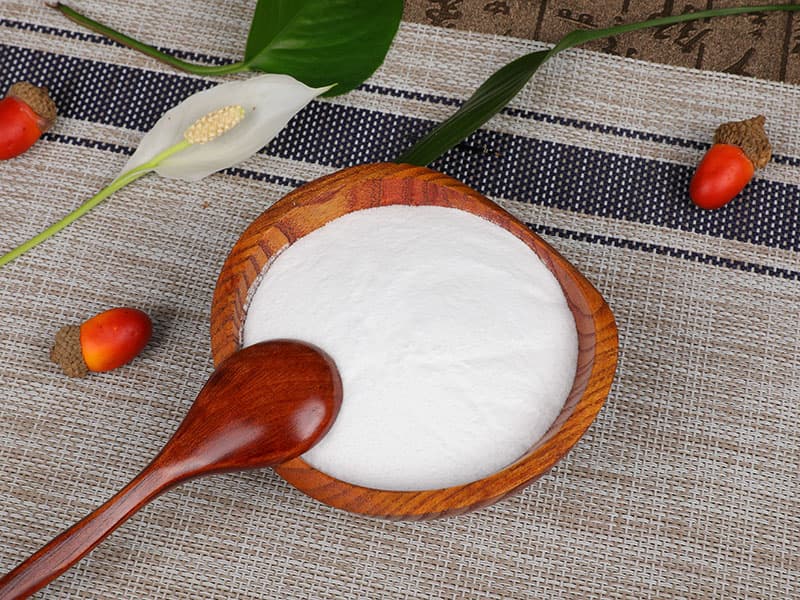Rice protein is a plant-based protein derived from rice, specifically brown rice, and is an increasingly popular protein source for individuals looking for vegan or allergen-free protein options. Here's an explanation of what rice protein is and how it is produced:
What is Rice Protein:
Source: Rice protein is obtained from brown rice, which is a whole grain. It is naturally free of common allergens like soy, gluten, and dairy, making it suitable for those with dietary restrictions or allergies.
Protein Content: Rice protein is relatively high in protein content, typically containing around 80% protein by weight.
Amino Acid Profile: While rice protein is considered a complete protein source, it is somewhat lower in certain essential amino acids, such as lysine, compared to animal-based proteins. However, it can be combined with other plant-based protein sources to improve its amino acid profile.
Production of Rice Protein:
Rice Selection: The process begins with the selection of brown rice, which is milled to remove the outer bran layer, leaving behind the starchy endosperm.
Protein Extraction: The milled rice is then treated to extract the protein. This can be done using various methods, including enzyme-assisted separation or fermentation.
Protein Concentration: The extracted protein is then concentrated, usually through a filtration or separation process, to increase the protein content and remove unwanted components.
Drying: The concentrated protein solution is dried to produce a powder or protein isolate. This can be done through spray-drying or other drying methods.
Packaging: The dried rice protein is typically packaged and made available for various uses, including protein powders, food products, and nutritional supplements.
Rice protein is available in different forms, including rice protein concentrate and rice protein isolate, with the latter having a higher protein content and lower carbohydrate content. It is widely used in the food and supplement industry to fortify products with plant-based protein, such as protein bars, shakes, and plant-based meat alternatives.
Rice protein has gained popularity due to its hypoallergenic nature, making it an excellent choice for individuals with food sensitivities. It is also suitable for vegetarians, vegans, and those seeking plant-based protein sources. Additionally, rice protein is often used in sports nutrition products and as a component of a balanced diet to meet daily protein needs.


 English
English 中文简体
中文简体





